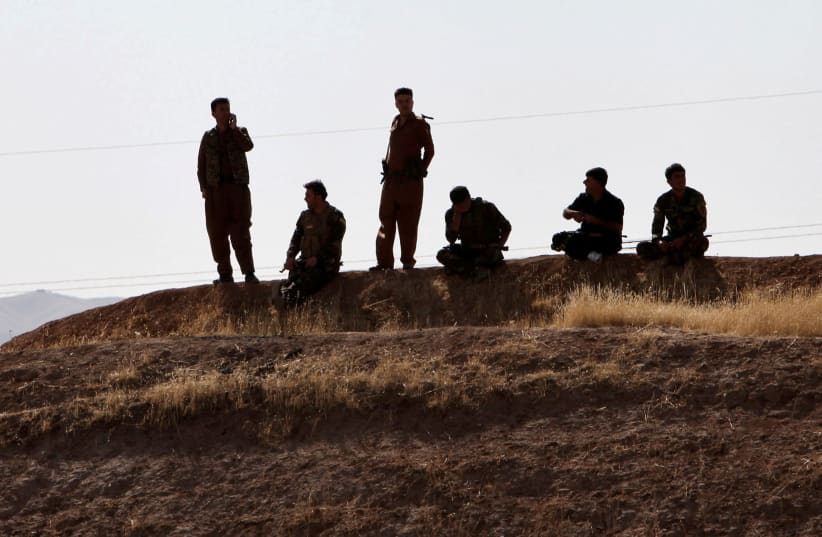Iraq paramilitaries battle Kurds in push towards Turkish border oil hub
Baghdad responded to the Kurdish independence referendum by seizing back the city of Kirkuk, the oil-producing areas around it, and other territory that the Kurds had captured from the Islamic State.
